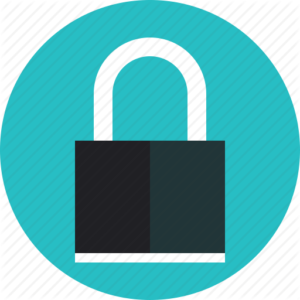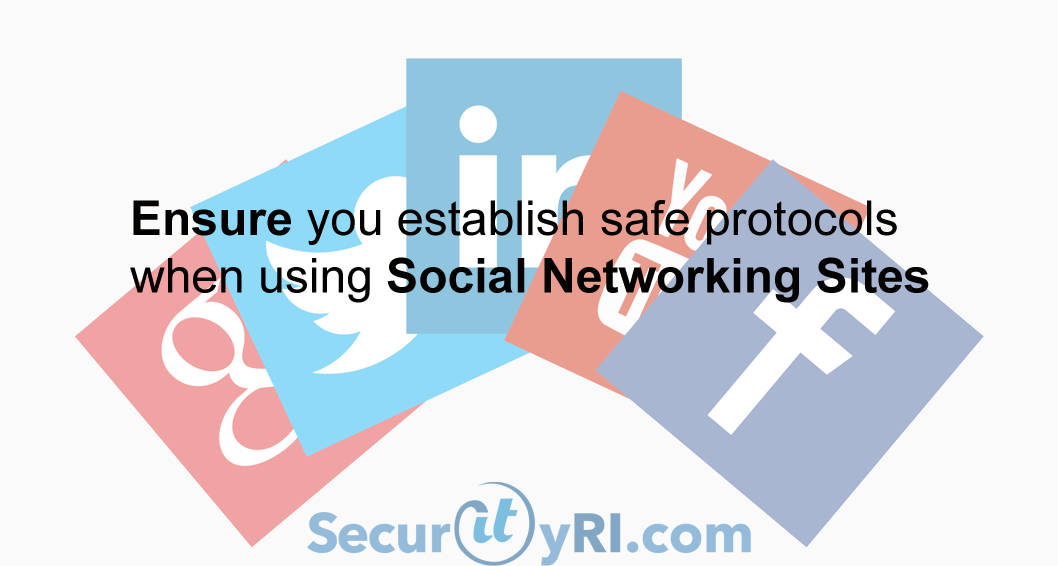Facebook, Twitter, LinkedIn, YouTube and list continues. Social Media has been the topic of discussion for some time now. In 2017, it seems everyone has become a victim to the addicting “social world”. However, do not let yourself become a different type of victim, a victim to social media fraud.
Social Media Fraud
Social media has transformed into a hunting ground for identity thieves. If you are a cyber-criminal why wouldn’t you research for detailed information through social media? You can find many user facts, besides their social security number.
Before you continue to read our blog just think about the information you are sharing right now? Even if your account is set to “private”, cyber thieves can obtain the following personal information:
- Full Name
- Birth date (Don’t you want your followers to wish you a happy birthday!)
- Home Address
- Work Address
- Etc
Now think about this simple scenario. Say a cyber thief wants to access your bank account information. They currently have your full name, address, e-mail, etc. The only material they’re missing is your user security Q&A’s. Although, why not dig a little deeper into your profile. Say your “security questions” are regarding my cute puppy Rex. I’m always posting pictures and tagging Rex, well guess what? The cyber-criminal can crack your simple security question by searching through your recent postings. It may sound unreal, although many users do not follow the correct safety protocol. I understand many users like to make their password and security questions simple to remember.
How to Protect Yourself? 
- Limit the amount of personal information you post – You do not want cyber criminals sniffing around and knowing your every move. Do not allow people to understand your schedule and routine, especially strangers.
- Understand that the Internet is a public resource – Only post information you are comfortable with everyone seeing. This includes information, photos in your profile, blogs and other forums. Also, once you post information online, you can’t retract it. Even if you remove the information from a site, saved or cached versions may still exist on other people’s machines.
- Be wary of strangers – You wouldn’t allow every stranger in the world into your home, so don’t allow them to see everything on your social media page.
- Evaluate your settings – Take advantage to the site privacy settings. Understand the social media engine and benefit from its offerings. Customize your profile to ensure only your close friends and family may see your post / statuses. Sites may update their settings periodically, so make sure you read / understand the revised versions.
- Use strong passwords / security questions – Never associate with easy to find information. Also, use special characters when choosing difficult passwords.
- Keep software, particularly your web browser, up to date – Install software updates so that attackers cannot take advantage of known problems or vulnerabilities. Many operating systems offer automatic updates. If this option is available, you should enable it.
- Use and maintain anti-virus software – Anti-virus software helps protect your computer against known viruses, so you may be able to detect and remove the virus before it can do any damage. Because attackers are continually writing new viruses, it is important to keep your definitions up to date. Staying Safe US-Cert
Spread the Word
Hopefully, we’re able to reach our followers and help them understand the social media threats. Please enjoy your time on social media, although, be safe and smart when posting.
Feel free to share our blogs! If you have any questions contact SecurityRI at any time.
Thank you –![]()


